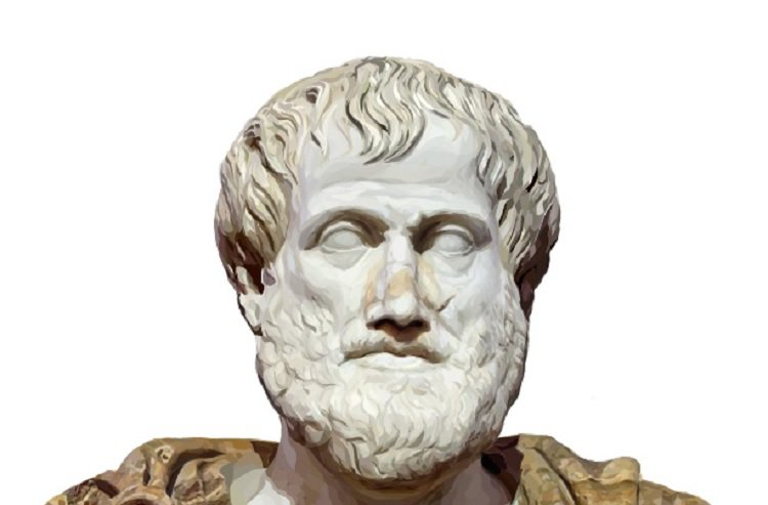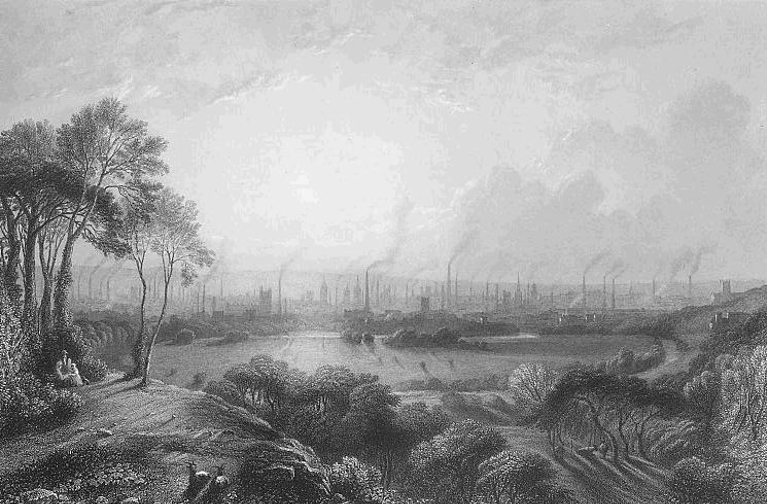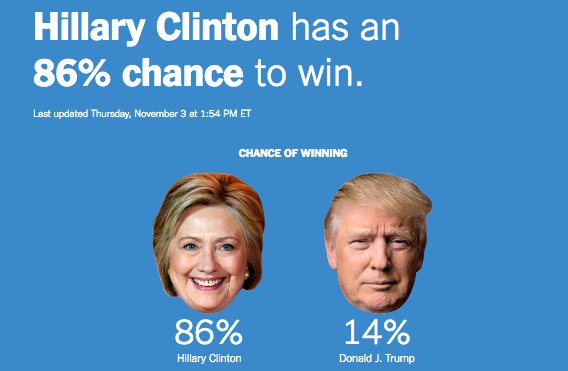Way back in the olden thymes, I was going back and forth with a liberal acquaintance about a topic related to his cult’s recent fixation on diversity. I no longer recall the details of the conversation, but at some point he said, “The reason we moved to Arlington was so our child could experience diversity.” He was speaking of Arlington Massachusetts, one of the whitest places on earth. He had moved to honkeyville, but he had somehow convinced himself that it was a rainbow community of racial and ethnic diversity.
Being a polite person, I laughed in his face. There are limits to civility. I doubt he has ever forgiven me for not only laughing at the ridiculous claim, but then proceeding to point out the demographic reality of his new home. Arlington is roughly 85% white and 10% Asian and those Asians will be college professors and professionals. The tiny black and Hispanic population is clustered in one area of town. You can drive around the place all day and never see a brown face that is not riding a lawnmower or leaf blower.
Now, I have no doubt that my former acquaintance and his Progressive hive-mates glorified one another on a regular basis for their embrace of diversity. You can bet they swapped stories about how their kid had a black friend at school or about their supposed friendship with the Muslim coworkers. He actually tried that one on me once. Because it was nothing but virtue signalling, they never faced any push-back. In fact, they got nothing but confirmation from their hive mates, so their delusions were always reinforced.
When people outside the hive wonder how people in the hive can believe the nonsense about diversity and the blank slate, it is important to keep in mind the power of magical thinking.
…click on the above link to read the rest of the article…














